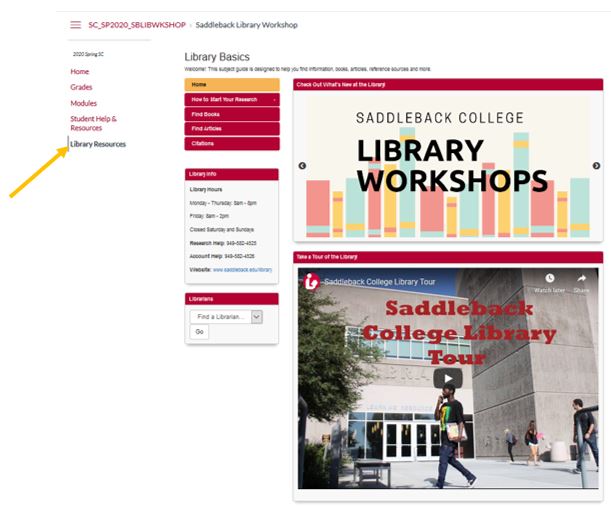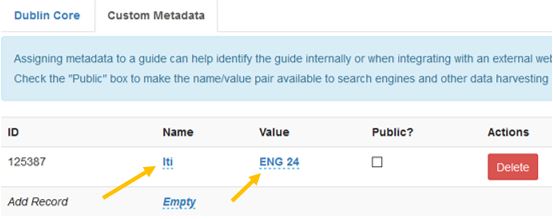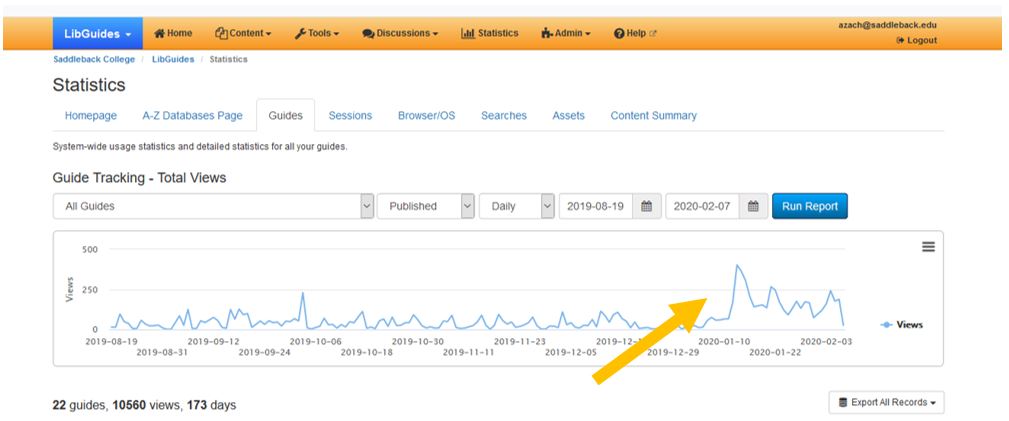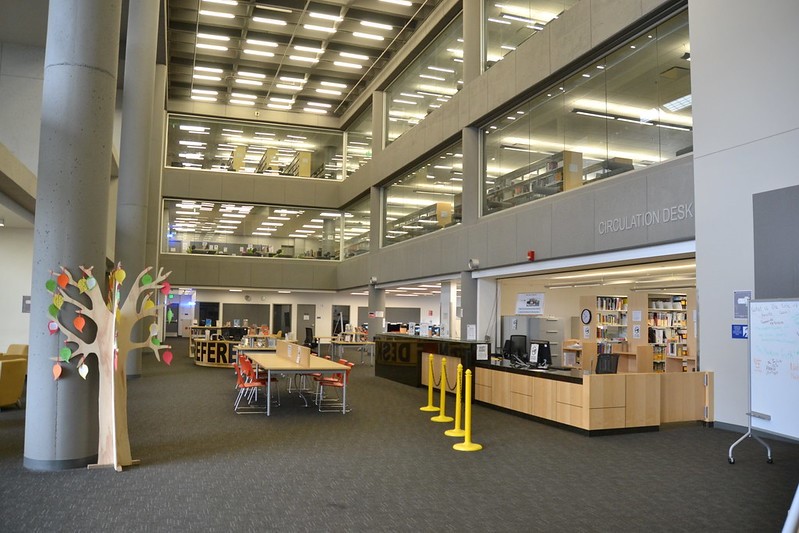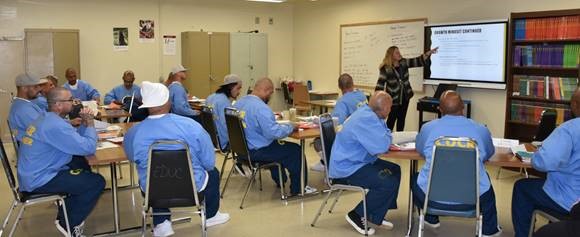By Leslie A. Tirapelle, CCL President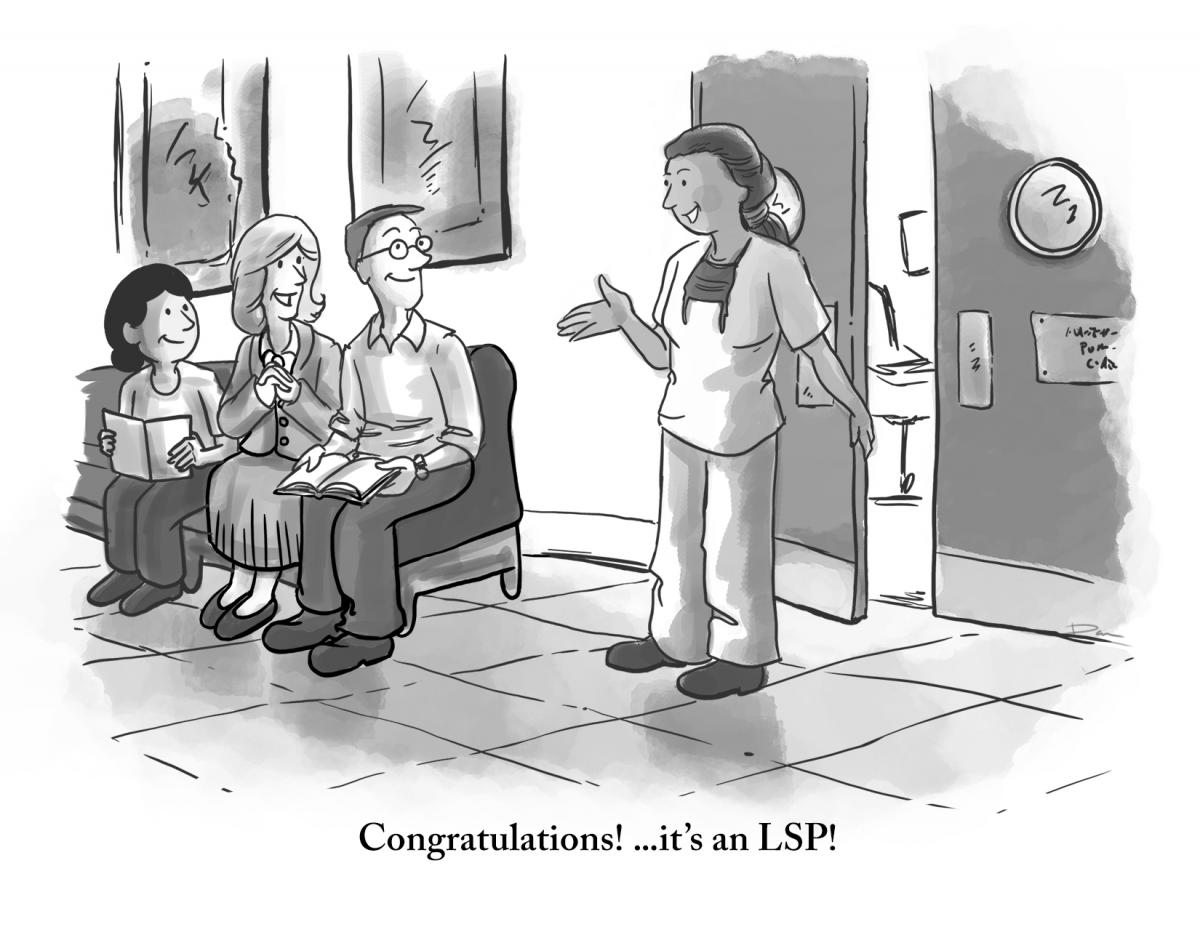
All participating CA Community Colleges are now live and using the new library services platform! What an incredible accomplishment for 110 libraries to simultaneously, and successfully, complete such a complex implementation -- which included the migration of over 26,642,933 bib records and 5,150,339 patron records from a dozen legacy systems. The dedication and collaboration necessary to meet all the required milestones in such a compressed timetable was inspiring. A big thank you to each of you for getting us to the finish line. It was truly a remarkable effort. While there are still a lot of kinks to work out, which we knew would be part of the process, we will get past this phase soon enough and before we know it we’ll be focusing on all the new possibilities a shared library system can offer our colleges, libraries and students.
LSP Opportunities
From resource sharing to system-wide analytics, there are a myriad of opportunities we’ll be able to leverage in the future. In order to do so, though, each library will need to adopt some base-line implementation requirements. These are essentially the building blocks that will make future collaboration and innovation as a state-wide library system feasible. Baseline requirements are the policies and recommended best practices developed by our representatives on the LSP Governance Committee and subcommittees. These policies and recommendations can be found on the LSP Wiki, categorized under the name of each workgroup, and they have also been shared via the LSP listserv. While it may not always be apparent what the direct or immediate benefit is to the individual library (i.e. to implement a new workflow, or require the use of a specific LSP feature), the policies and recommendations are carefully developed with specific use-cases and with a long-range vision. Please don’t hesitate to communicate with the LSP governance leadership if you need additional implementation support. Also, reach out if you’re encountering roadblocks, anomalies, or if you just want a “system check” to see if your LSP instance is functioning as smoothly as it could be.
CCL does want to thank the members of the LSP Governance Committee and subcommittees who have made, and continue to make, significant contributions to the decision-making and oversight of our new system. They’re constantly working to develop agreed upon standards of practice, and constructs to ensure the long-term integrity and usefulness of our system.
LSP Funding
Like you, we were very surprised and disappointed that ongoing funding for the LSP was not in the Governor’s January 2020 budget -- especially with such strong support from the Board Of Governors, Chancellor’s Office, CCC League and Foundation, Statewide Academic Senate, etc. While there are many key stakeholders advocating on our behalf, it is time to step up efforts to reach as many people in leadership positions as possible. Look out for an e-mail from the LSP Governance Committee that will include talking points you can share with leadership at your college (President, Vice Presidents, Board members, etc). Please know that the LSP Governance Committee is working through all possible scenarios to ensure we’re prepared regardless of the funding outcome. These will be shared with the field once solidified. At this juncture, funding is guaranteed through Dec. 31, 2020.
ELUNA Membership
The Council of Chief Librarians (CCL) is paying for the first year membership for all participating colleges who have paid their CCL dues. ELUNA is the Ex Libris Users group. They have a voting process for a specified number of guaranteed enhancements. This is different from the regular enhancement requests that anyone can submit directly to ExLibris. We have two representatives from the LSP Governance Committee - Eve Miller and Lauren Saslow - who will be communicating with your library’s LSP lead about the ELUNA voting process. Additionally, your ELUNA membership provides a discounted rate to the annual ELUNA conference.
ELUNA Conference
ELUNA is hosting its annual conference in Los Angeles this year. In order to support attendance by as many librarians as possible, CCL is using its professional development scholarship fund to cover the registration cost for up to seven librarians. Awardees must work at a library that is a current member of CCL to qualify for the ELUNA Conference reimbursement. Apply for the scholarship by February 21st, 2020. Awardees will be notified via email by March 6, 2020.
Happy New Year!
I recently read that the Year of the Rat 2020 is predicted to be a prosperous and lucky year for everyone, especially regarding goals related to finances -- and particularly for those who plan. While I actually do not typically follow astrology, I am going to take this as a good sign for LSP funding (or at least for an outcome that is beneficial to us all). So here’s to an auspicious new year, and to a new era of innovative library services made possible by our new shared LSP.
Have a wonderful Spring term!
Leslie



